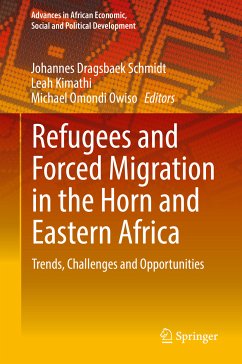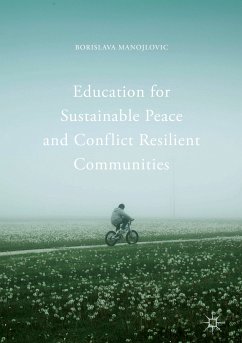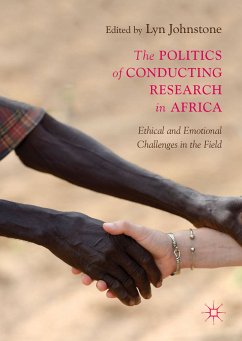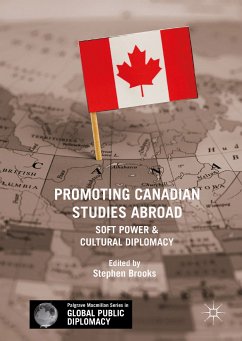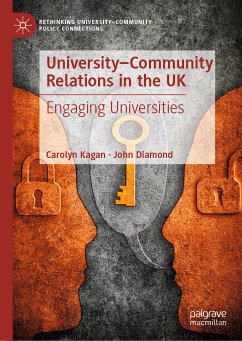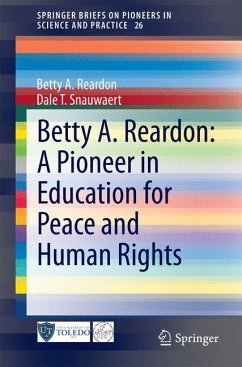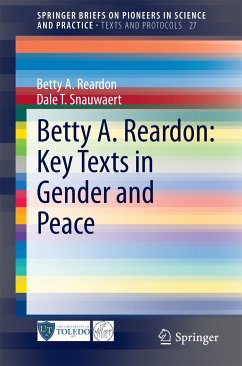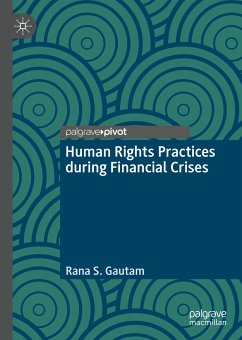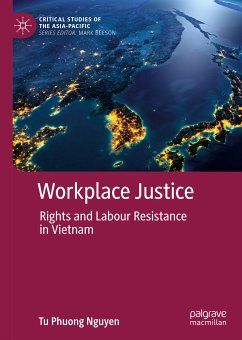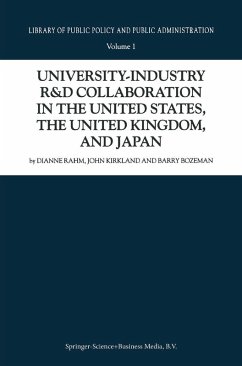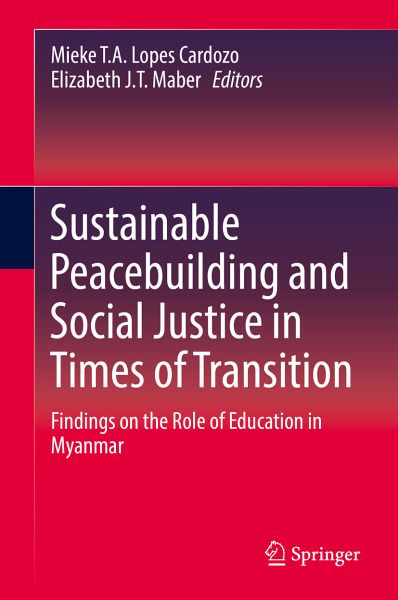
Sustainable Peacebuilding and Social Justice in Times of Transition (eBook, PDF)
Findings on the Role of Education in Myanmar
Redaktion: Lopes Cardozo, Mieke T. A.; Maber, Elizabeth J. T.
Versandkostenfrei!
Sofort per Download lieferbar
68,95 €
inkl. MwSt.
Weitere Ausgaben:

PAYBACK Punkte
34 °P sammeln!
Provides unique insights into the ways in which education systems, governance, and actors interact in initial steps towards building peace
Contributes to the emerging field of study of education and conflict
Offers novel research findings on Myanmar's political and educational landscape since the process of democratic transition started since 2010
Dieser Download kann aus rechtlichen Gründen nur mit Rechnungsadresse in A, B, BG, CY, CZ, D, DK, EW, E, FIN, F, GR, HR, H, IRL, I, LT, L, LR, M, NL, PL, P, R, S, SLO, SK ausgeliefert werden.



